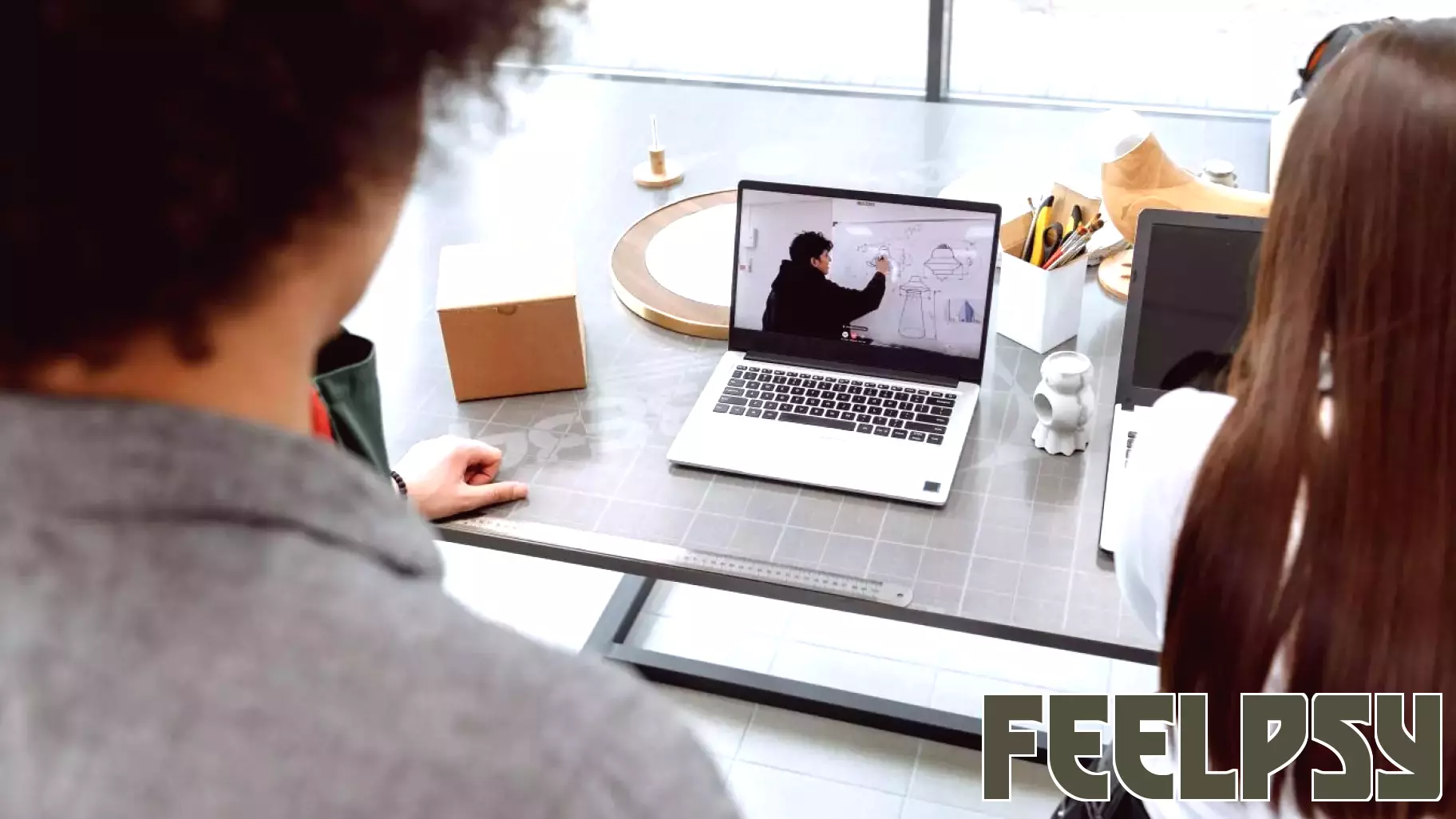April 15, 2025 - 03:27

Teams often struggle to reach their full potential when they fail to accommodate diverse thinking and work styles. A significant factor in this underperformance is the lack of understanding and support for neurodiversity within the workplace. Individuals with varying cognitive profiles—such as those with autism, ADHD, or dyslexia—bring unique perspectives and strengths that can greatly benefit team dynamics.
To foster an inclusive environment, organizations must prioritize the development of flexible working practices that cater to the diverse needs of all team members. This involves not only recognizing the different ways people process information and communicate but also implementing strategies that allow everyone to contribute effectively.
Encouraging open dialogue about individual preferences and challenges can lead to innovative solutions and improved collaboration. By embracing neurodiversity, teams can unlock new levels of creativity and productivity, ultimately enhancing their overall performance and achieving better outcomes. It's essential to ensure that the "ways of working" are truly inclusive and supportive for everyone involved.



